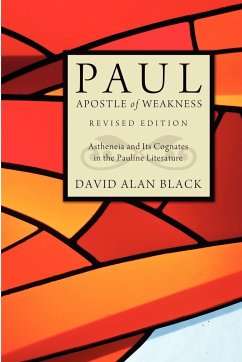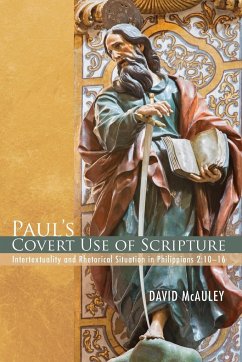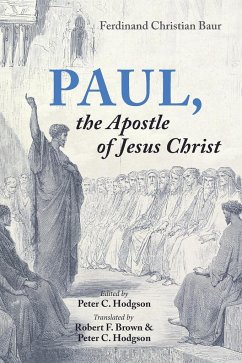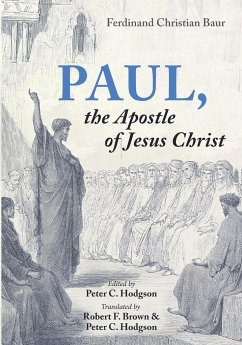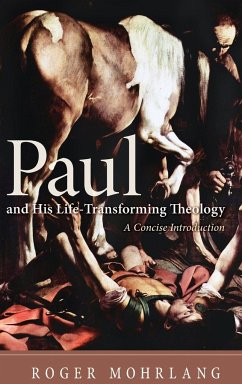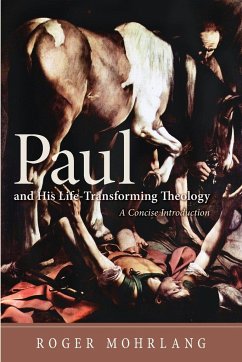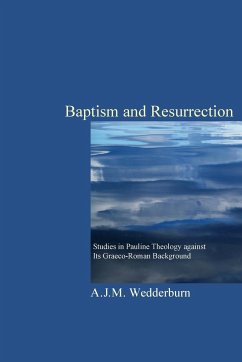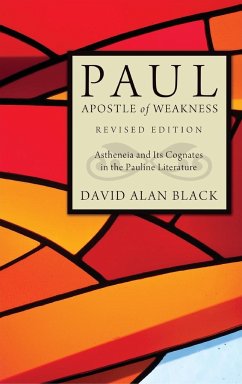
Paul, Apostle of Weakness
Versandkostenfrei!
Versandfertig in 1-2 Wochen
37,99 €
inkl. MwSt.
Weitere Ausgaben:

PAYBACK Punkte
19 °P sammeln!
In this practical book every occurrence of astheneia and its cognates in the Pauline Epistles is examined, both in its immediate context and in its relation to Pauline thought as a whole. The analysis begins, first, by examining both secular and Septuagintal Greek usages of astheneia as well as its usage in the non-Pauline New Testament writings. It then proceeds, secondly, by defining Paul's astheneia termini from letter to letter and context to context. All the passages in the Pauline literature where the words appear undergo a detailed exegetical examination. The Pauline weakness motif is t...
In this practical book every occurrence of astheneia and its cognates in the Pauline Epistles is examined, both in its immediate context and in its relation to Pauline thought as a whole. The analysis begins, first, by examining both secular and Septuagintal Greek usages of astheneia as well as its usage in the non-Pauline New Testament writings. It then proceeds, secondly, by defining Paul's astheneia termini from letter to letter and context to context. All the passages in the Pauline literature where the words appear undergo a detailed exegetical examination. The Pauline weakness motif is then summarized, with the conclusion that the concept of weakness is foundational to Paul's anthropology, Christology, and ethics.





